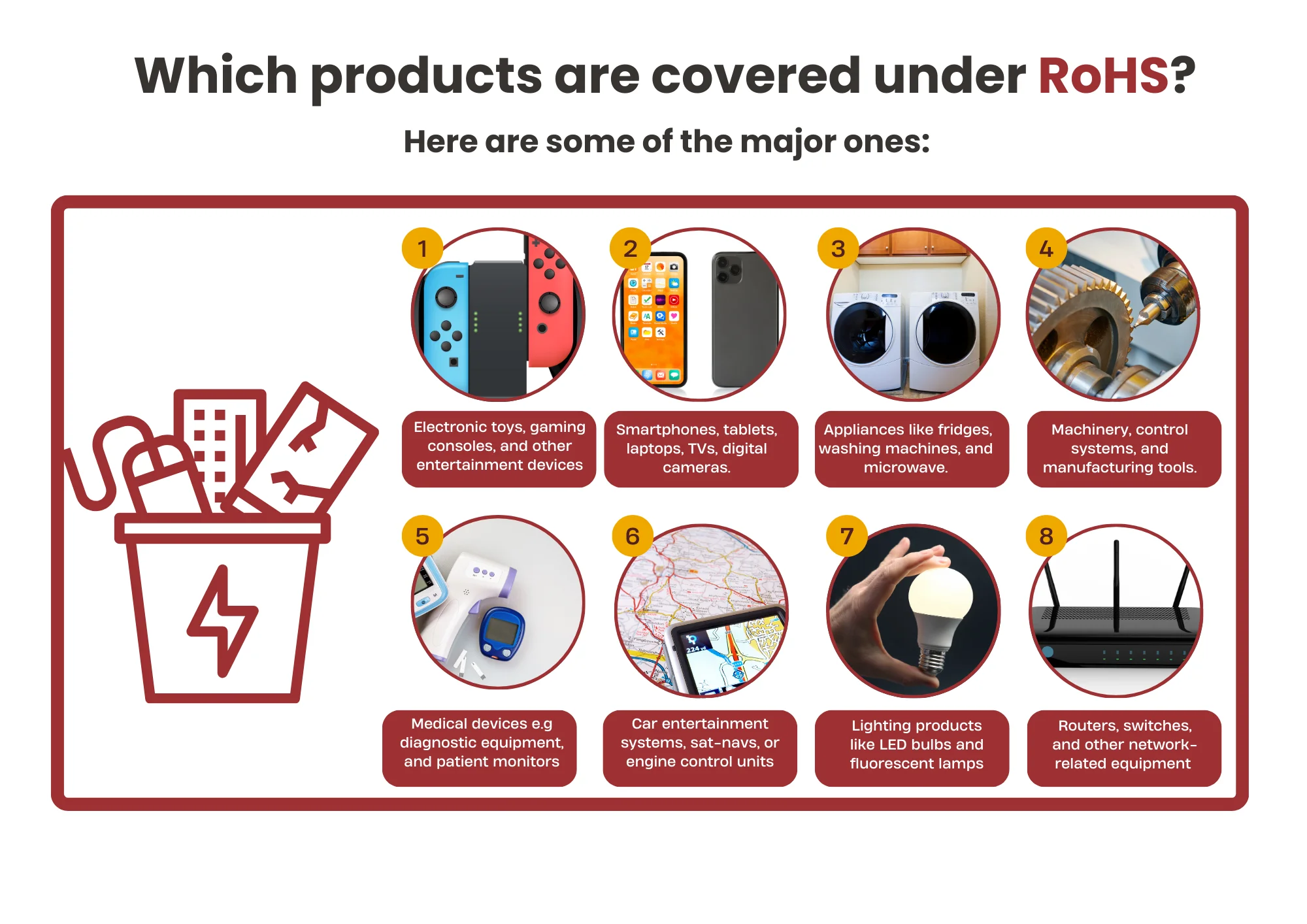
How to get UKCA Certification in the UK?
What is ukca certification?
ukca certification, short for UK Conformity Assessed, is a standard set by the UK government to ensure the safety of certain products. It aims to guarantee that products meet relevant regulations and standards to protect consumer health and safety. Following Brexit, UKCA certification has become the new standard for products sold in the UK market.
UKCA certification is a conformity assessment procedure to ensure that products placed on the UK market comply with relevant regulations and standards. These regulations and standards cover aspects such as product safety, health, and environmental protection. By obtaining UKCA certification, a product can bear the UKCA mark, indicating that it has passed the relevant conformity assessment and meets the requirements of the UK market.
Requirements for Registering UKCA Products
1. After conducting a full conformity assessment according to EU requirements and issuing the CE certificate, manufacturers can declare that existing products meet the relevant UKCA requirements.
2. Products must bear the UKCA mark and pass the conformity assessment of a UK-approved notified body.
3. Products must comply with the regulations of Great Britain and the conformity assessment requirements specified by UK-approved notified bodies.
UKCA Certification Application Process
1. Determine the applicable UK regulations and standards.
2. Self-verify product conformity.
3. Determine whether a UK notified body is needed for conformity assessment.
4. Test the product's conformity.
5. Retain the necessary technical documentation.
6. Affix the UKCA mark to the product and issue the UKCA Declaration of Conformity (DoC).
China's JJR Laboratory offers UKCA certification application services. Based in China, it is an authorized body that can help you save 30% on ukca certification costs.
Scope of Application for the UKCA Mark
The UKCA mark is applicable in England, Wales, and Scotland for categories such as medical devices, railway products, construction products, and civil explosives. However, it does not apply to Northern Ireland (which uses the UKNI mark or continues to use the CE mark) and covers most products that previously required the CE mark.
Differences Between UKCA Certification and CE certification
On November 14, 2022, the UK announced the extension of the mandatory enforcement date for UKCA marking to December 31, 2024. This means that the UKCA mark will only become mandatory from January 1, 2025.
1. UKCA certification is the product certification mark for the UK market, whereas CE certification is for the European Economic Area (EEA) market. Following Brexit, the UK introduced UKCA certification to replace CE certification, ensuring products comply with UK market laws.
2. The technical requirements and procedures for UKCA certification and CE certification differ. UKCA certification requires products to meet UK national standards, while CE certification requires products to meet European standards. Therefore, products intended for sale in the UK market need UKCA certification, whereas products intended for sale in the EEA market need CE certification.
3. The marks for UKCA certification and CE certification also differ. The UKCA certification mark features a combination of letters with the UK flag, while the CE certification mark features the letters "CE".
It is important to note that UKCA certification and CE certification are not interchangeable; they are product certification marks for different markets. Products intended for sale in both the UK and the EEA markets may require both UKCA and CE certification.
In summary, UKCA certification and CE certification are two product certification marks for the European market, differing in applicable markets, technical requirements, and mark forms.
Email:hello@jjrlab.com
Write your message here and send it to us
 FCC Certification Testing for Smart Lighting Produ
FCC Certification Testing for Smart Lighting Produ
 What is the ETSI EN 303 645 Testing Standard?
What is the ETSI EN 303 645 Testing Standard?
 UL Compliance and ETL Certification for LED Lighti
UL Compliance and ETL Certification for LED Lighti
 What is the IEC 60598 Standard?
What is the IEC 60598 Standard?
 What is the Canada IC Logo?
What is the Canada IC Logo?
 EMC Pre Compliance Testing
EMC Pre Compliance Testing
 PAHs Testing (Food and Textile)
PAHs Testing (Food and Textile)
 Where to Apply for the EU RoHS Test Report?
Where to Apply for the EU RoHS Test Report?
Leave us a message
24-hour online customer service at any time to respond, so that you worry!




